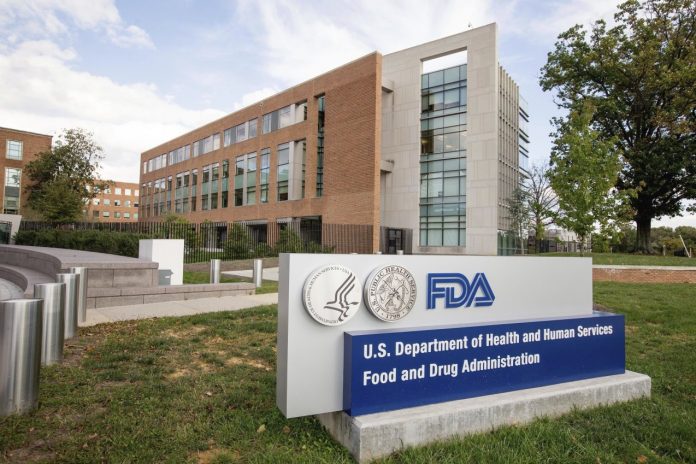The Food and Drug Administration (FDA) is a US governmental
agency, tasked to oversee the safety of the food, drug, and cosmetic industries
to US consumers. Its current form took
shape after the passage of the Federal Food, Drug, and Cosmetic Act of
1938. The Commissioner of the FDA reports
to the Secretary of Health and Human Services, a cabinet level post. There are two sides to the FDA coin. Let’s dig.
FDA approval is necessary for all prescription drugs (and most over-the-counter
meds), and that approval can take years to decades to obtain. This process is defended as assuring that the
medications involved do not cause more harm than their intended usage should
solve. Many potentially life-saving
drugs are available in foreign markets long before they are available here, as
they await the FDA stamp of approval.
The dangers of such non-approved drugs are quite evident, but the
inability of patients with terminal diagnoses to evaluate their own risk
appetite is troublesome. At some point,
the freedom to chart one’s own path is restricted or eliminated. If a consumer can chose between, say, cancer,
vs hair loss, I’d bet the terminal cancer patient would go for the bald look.
The FDA also attempts to ascertain truth in product labeling. This is a commendable and very difficult
task, as words have ‘fluid’ meaning to consumers. ‘Low Fat’, ‘Healthy’, ‘Organic’, ‘Diet’, and the
like mean different things to producers vs consumers. And it is well beyond the normal knowledge
base of a typical consumer to know what their purchases have in them. Have food allergies? Label reading in detail is a must. In fact, many consumers would like to know
MORE about their food, rather than less.
As our current virus world emphasizes, many folks would LOVE to know the
country of origin of their food–yet that is not part of existing law. Many formerly US-brands are now specifically
supplied or processed by Chinese companies.
Brands like Eckrich, Starkist, and Green Giant fall into this category—yet
none of their labels indicate Chinese processing. Think your average consumer would want to
know such things?
My view of FDA reach is from a Conservative viewpoint. Freedom for adults to make their own
decisions is paramount to that methodology.
In that vein, I think the FDA should be an advisory board at its heart
(similar to the stamp of approval of the Good Housekeeping seal): it should recommend products it has confidence
in, and post concerns over products that it warrants. But the FDA should NOT be able to prevent
consumers from utilizing medications—that should be a known risk for the
consumer to decide upon. That said,
consumer lawsuits should be limited to negligence, with assumption of risk
understanding. Overdosing or misusing
any product, or getting side effects that are explicitly on labeling should
negate any lawsuits. Sometimes,
consumers accept risk, and lose. I would
think most consumers would look for FDA approved products, but that’s just a
guess. And the FDA should require
readable, truthful, in depth product labeling for literally ALL packaged
food. Can there be too much info of this
type? Informed consumers can make their
own buying decisions, but only with good info to make those determinations.
- Pick One Only
- Culture and Lifestyle
- Government
- Health & Fitness
- Law
- Writers
- Lindell Denham
- Science & Technology

















